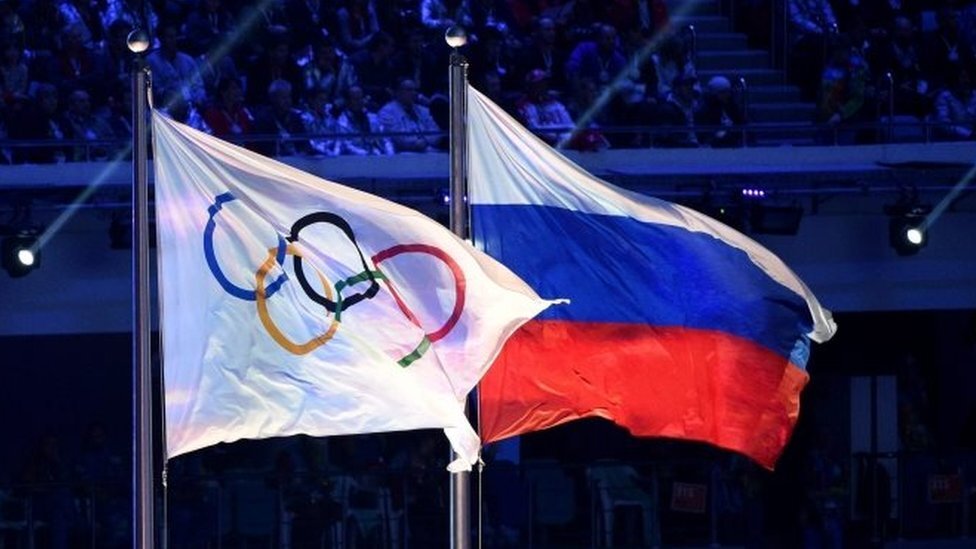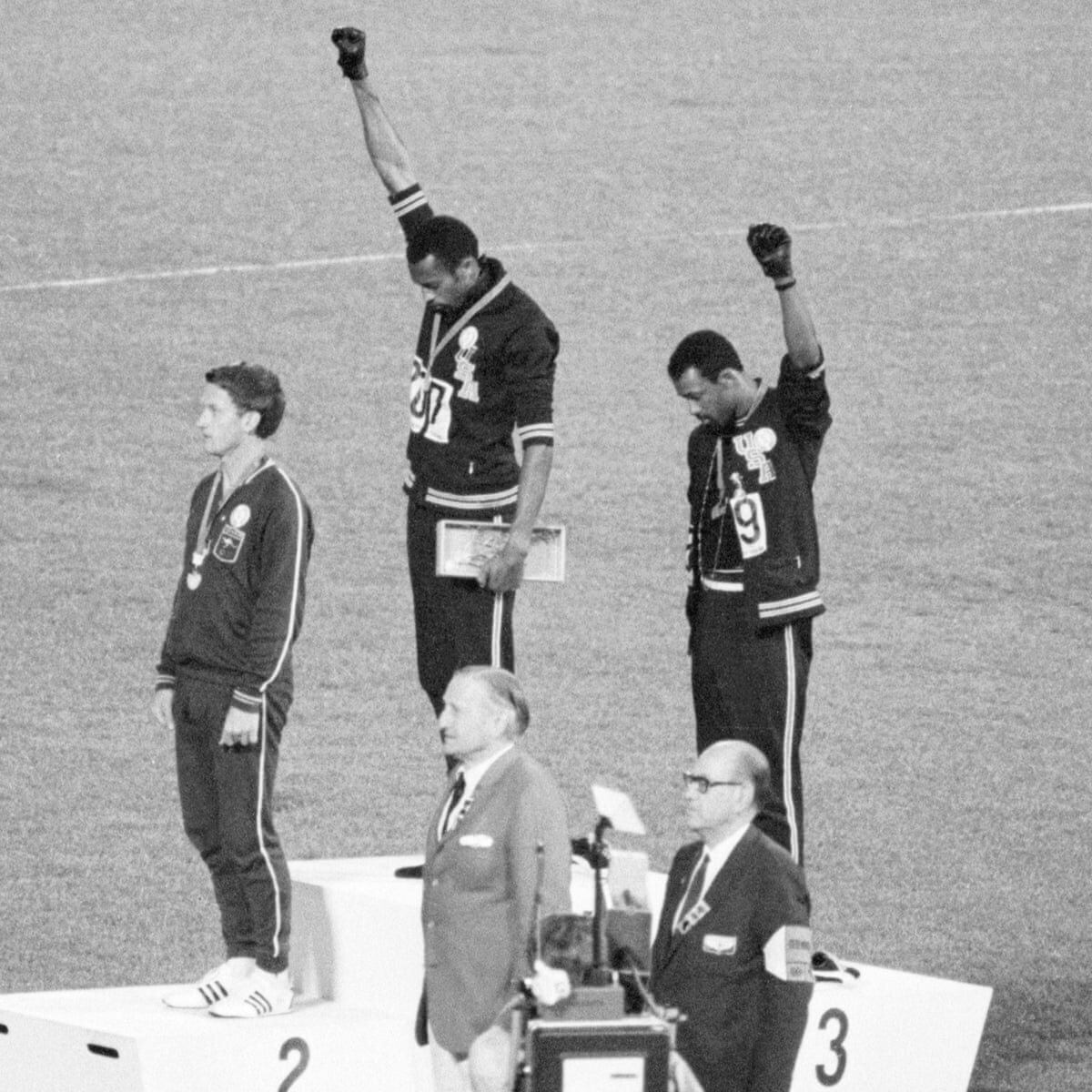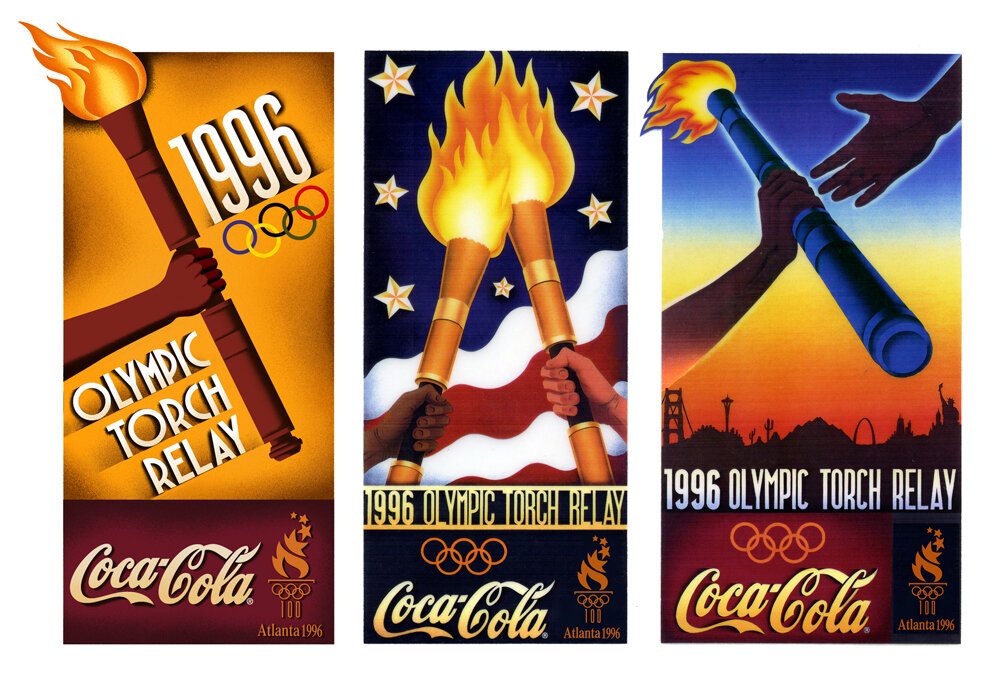How the Olympics Lost Their Way, and How They Can Make History in Course-Correcting.
OVERVIEW:
The universal ideals of the Olympics showcase the importance of a long-lasting, bold and humanistic vision.
As purpose-driven brands and organizations scale, they are at risk of diluting their moral compasses. Brands and organizations that deviate from their original purpose have a high chance of experiencing a catalyst to course-correct - whether it be a scandal, being publicly “cancelled”, or compromised brand image.
Brands can renew their vows to purpose through (1) understanding internal and external threats causing vision deviation, (2) conceptualising protocols to protect vision and (3) crafting and evolving long term vision to stabilize and progress.
The Olympics is one of the most internationally recognised brands and with the ongoing (and problem-ridden) Tokyo games, it is an opportune time to examine how brands veer away from lofty and compelling visions, and how to return.
The universal ideals of the Olympics: importance of a long lasting, bold and humanistic vision.
The Olympics’ vision dates back to the 6th century and was modernised and articulated in the 1800s into three words: friendship, respect and excellence. The Olympism Philosophy is where sport meets culture, education and international cooperation - “based on the joy of effort, the educational value of a good example, social responsibility and respect for universal fundamental ethical principles”.
Brands with evocative and inspiring vision statements develop a long term compass for all stakeholders concerning where the company is going - it's unifying, inspiring, motivating, and creates a common goal.
How purpose can become corrupted.
Erosion of purpose can happen slowly and then all of sudden become extremely and shockingly evident. Brands that are in the international spotlight with global interests at stake are at risk of fading founding principles, particularly as scale often depends on executives pushing the limits of the brand’s offering and values to customers, or associates and partners, who are further removed from the core of the business. Need only look at Facebook’s data scandal, Uber’s sexual assault and safety issues or Airbnb’s cleanup team to see that trust, the most fundamental pillar of the relationship between a brand and its community, can evaporate quickly and even with the most iconic organizations.
As the Olympic Games grew in size, popularity and participation, so did vested interests associated with greed, power and money. See the examples below of the Olympic vision deviations and corrosions:







Gender Rights
Sex verification controversies and Tokyo 2020 sexism scandal.
KINDUSTRY’S TAKE
How to keep purpose alive: safekeeping the spirit of original vision while pushing into the future.
A brand’s purpose, or raison d’être, may need to be consistently reformulated into a modern context - one that is consistent with evolving cultural trends and norms in order to make it more resilient to purpose corrosion.
Expressing more culturally relevant codes that are consistent with a founding purpose may require listening and co-creation - it can be beneficial to ask your constituencies/communities how they see your brand tracking - where they want you to go next, and how to have a unique, positive impact on society and the planet. Combining these opinions, global context and a freshly formulated company vision will position the new commitment to purpose credibly - see our United Nations 75th Anniversary project and #ShapingOurFutureTogether campaign as an example.
Renewing your vows to purpose isn’t an easy feat, but it’s possible.Nike’s bounce back from their sweatshop scandal to becoming an industry leader in sustainability (zero carbon and waste efforts) and ethical practices is a prime example of course-correcting back to an original and reinterpreted vision. Use deviations as a powerful catalyst. Own it and take bold action to emerge as a progressive industry leader.


